detail profile pedro costa
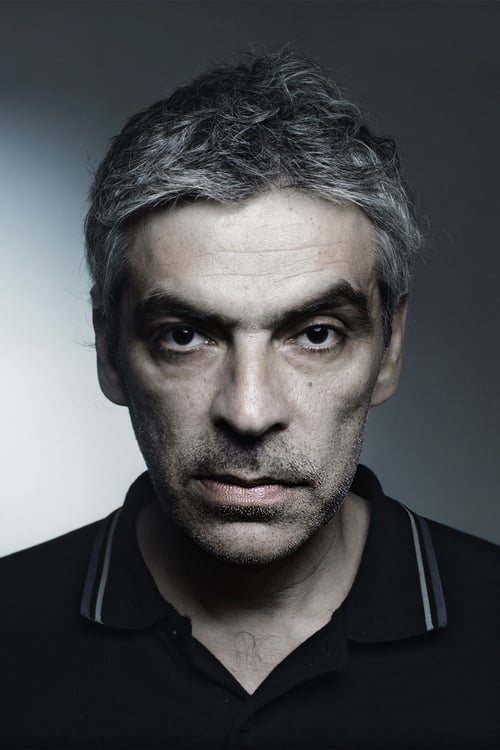
Riwayat Hidup
Pedro Costa is a Portuguese film director.
While studying history at University of Lisbon, Costa switched to film courses at Lisbon Theatre and Film School (Escola Superior de Teatro e Cinema) where he was a student of António Reis, Paulo Rocha and Alberto Seixas Santos.
After working as an assistant director to several directors such as Jorge Silva Melo, Vítor Gonçalves and João Botelho, he made a first feature film O Sangue (The Blood) in 1989.
He collected the France Culture Award (Foreign Cineaste of the Year) at 2002 Cannes Film Festival for directing the film In Vanda's Room.
Colossal Youth was selected for the 2006 Cannes Film Festival and earned the Independent/Experimental prize (Los Angeles Film Critics Association) in 2008.
He is considered to be part of "The School of Reis" film family.
António Reis, Portuguese director, was his teacher at the Lisbon Theatre and Film School.
Peter Bradshaw of The Guardian called Pedro Costa "the Samuel Beckett of cinema".
He is acclaimed for using his ascetic style to depict the marginalised people in desperate living situations.
Many of his films are set in a district of Lisbon inhabited by socially disadvantaged and shot in a natural and low-key way in documentary format: some are docufictions.
Info Pribadi
Peran Yang Di Mainkan Pedro Costa
 The vine bore fruit and its...
The vine bore fruit and its...Fire of Wind 2024
The vine bore fruit, and it's harvest time. Soraia, a young girl, cuts herself. Blood mixes with wine. A black bull is on the loose. Up in the oak trees, time swells, and a community takes shelter. They share bread and wine, memories and dreams, the history of a landscape. We enter a long night, where nature also speaks. The fiery wind that brings the heatwaves, it's burning.
 The story of three young Cape...
The story of three young Cape...The Daughters of Fire 2023
The story of three young Cape Verdean sisters upon their arrival at a foreign European port, in an attempt to escape another devastating eruption of the volcano Fogo. In this unknown country, they roam, hand in hand, evoking their secret fears through music and singing.
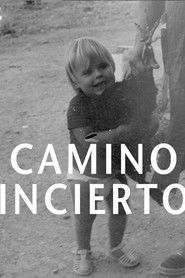 Apichatpong Weerasethakul Pedro Costa Manoel de...
Apichatpong Weerasethakul Pedro Costa Manoel de...Uncertain Path 2021
Apichatpong Weerasethakul, Pedro Costa, Manoel de Oliveira y and the film's director, with their own personal views, share that thin line that links life with cinema.
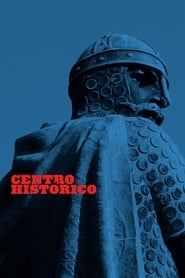 Four voices and their visions of...
Four voices and their visions of...Historic Centre 2012
Four voices and their visions of Guimarães, cradle city of the Portuguese nation and European Capital of Culture in 2012.
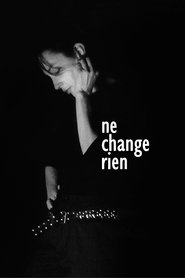 One of the most important figures...
One of the most important figures...Change Nothing 2009
One of the most important figures in contemporary cinema, Pedro Costa's celebrated music documentary is a mesmerizing portrait of French actress-turned-singer Jeanne Balibar, a transfixing, cigarette-smoking chanteuse with an intense devotion to her craft. Photographed in shimmering black-and-white and featuring a soundtrack of jazz-inflected pop songs, the film is a luminous exploration of the creative process.
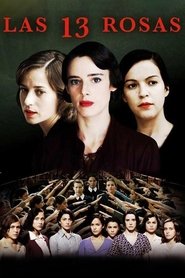 True story of thirteen totally normal...
True story of thirteen totally normal...The 13 Roses 2007
True story of thirteen totally normal young women that suffered harsh questioning and were put in prison under made up charges of helping the rebellion against Franco back in the 1940s. Despite of their innocence, the thirteen were soon executed without even a trace of evidence of any wrong doing.
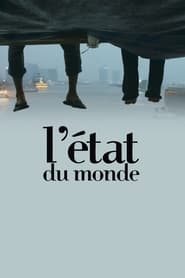 An omnibus project examining well the...
An omnibus project examining well the...The State of the World 2007
An omnibus project examining, well, the state of the world.
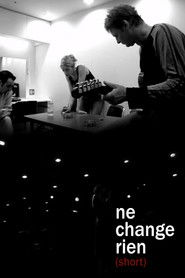 A short film showing a rehearsal...
A short film showing a rehearsal...Change Nothing 2005
A short film showing a rehearsal and live performance by Jeanne Balibar. Costa would go on to make a feature-length documentary with the same title and subject matter in 2009.
 Undaunted by a commission to make...
Undaunted by a commission to make...Where Does Your Hidden Smile Lie? 2003
Undaunted by a commission to make a film about his mentors and aesthetic exemplars, the filmmaking team of Jean-Marie Straub and Danièle Huillet, Costa records with great sensitivity and insight the exacting process by which the two re-edit their film Sicilia!, discussing and arguing over each cut and its effect. Incorporating comments about the influence of figures as diverse as Chaplin and Eisenstein, about the ethical and aesthetic implications of film technique and such matters as rhythm, sound mixing, and acting. The film becomes a tour de force, immersing us in the mysteries of cinema as practiced by some of its greatest creators. Costa calls the film both his first comedy and his first love story.
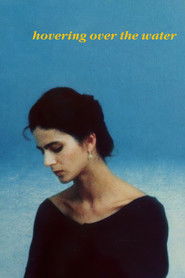 Laura Rossellini a widow from Rome...
Laura Rossellini a widow from Rome...Hovering Over the Water 1993
Laura Rossellini, a widow from Rome, vacations on the Algarve coast one hot summer. One day while sunbathing, she finds a wounded man named Robert drifting in the surf on a rubber raft. She takes him home, and, after he is revived, learns his story. As they talk, their mutual attraction grows, until a group of armed men suddenly arrive looking for Robert.
 Nino tough but sickly and his...
Nino tough but sickly and his...Blood 1989
Nino, tough but sickly, and his older brother Vicente live in the country with their father. After their father disappears ― we’re never sure why ― murder is suggested. Vicente brings his girlfriend to the house, and a different kind of family is established as the three youngsters grow fiercely protective of each other. But their uncle grows suspicious about the fate of the missing father and forcibly kidnaps Nino, taking him away to the city and leaving Vicente to locate him there.
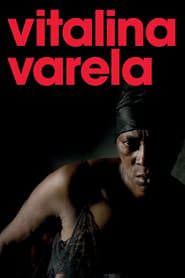 A Cape Verdean woman navigates her...
A Cape Verdean woman navigates her...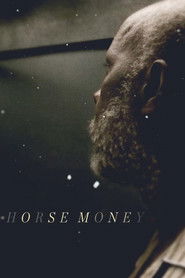 While the young captains lead the...
While the young captains lead the...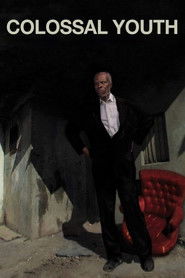 After the Portuguese government demolishes his...
After the Portuguese government demolishes his...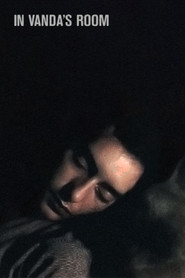 An unflinching fragmentary look at a...
An unflinching fragmentary look at a...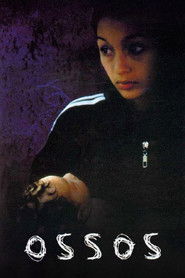 After a suicidal teenage girl gives...
After a suicidal teenage girl gives...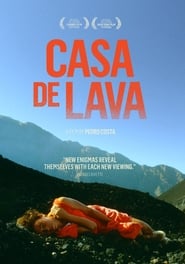 The film tells a story of...
The film tells a story of...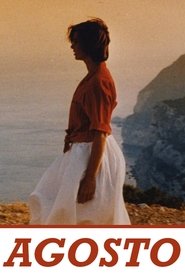 Summer of 1964 The professor Carlos and...
Summer of 1964 The professor Carlos and...